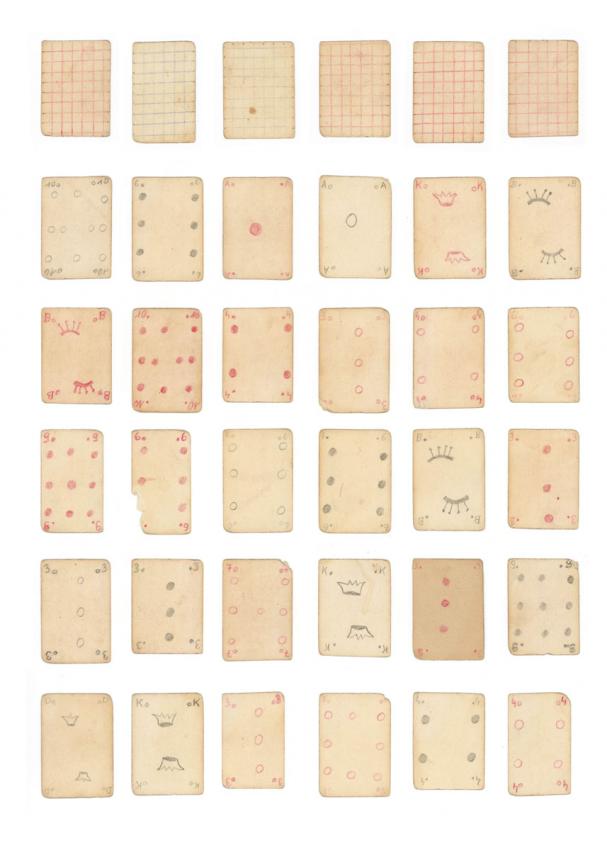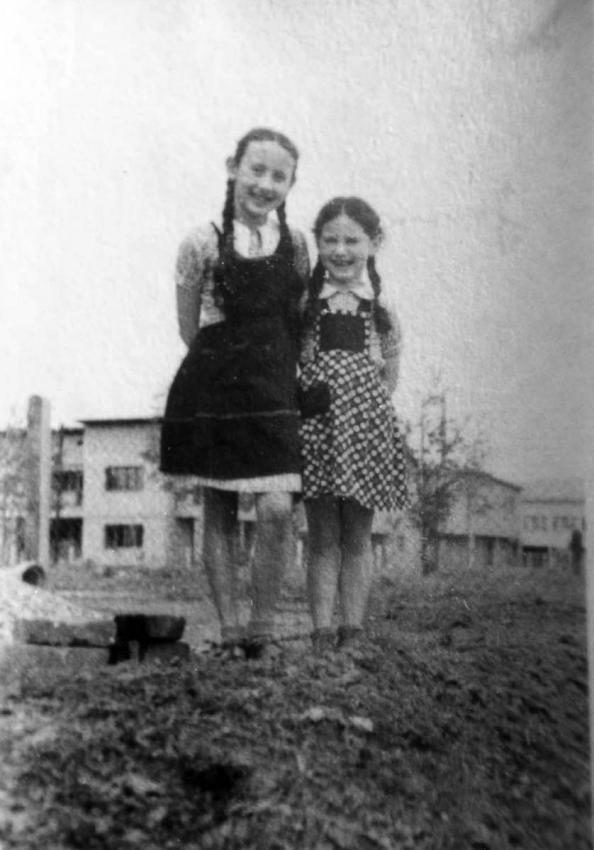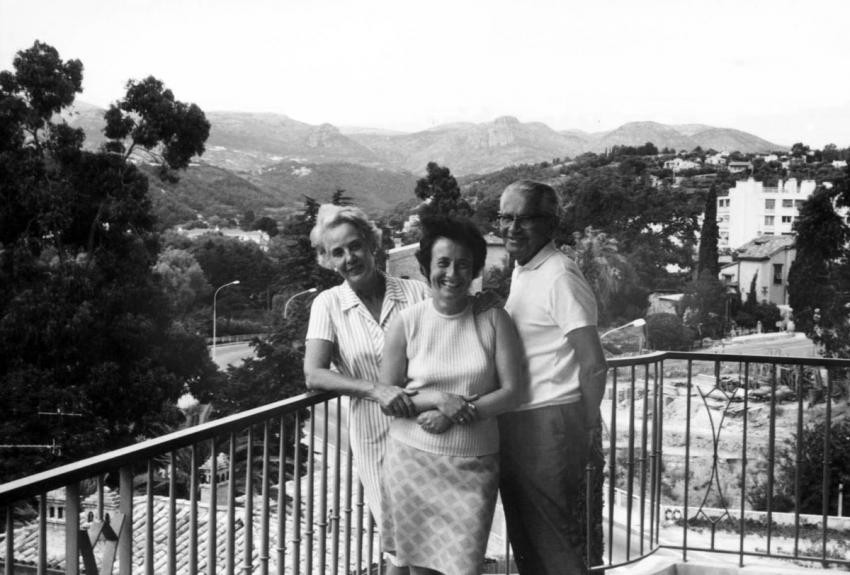When the war broke out, Blanka and Egon Pollack tried to flee Zagreb with their two daughters to territory occupied by the Italians, but were unsuccessful. The family was caught and sent to the Loborgrad camp, and in October 1942, they were deported. The train was presumably destined for Auschwitz, but activists from the Jewish community smuggled a group of Jews, including the Pollacks, off the train at one of the stops. Blanka and Egon and their daughters made their way to a hiding place organized by the Jewish community in the city. From there, Inga managed to send a message to her Christian friend, Duška Roth about her family's perilous situation, and Duška requested her parents' assistance to help the Pollacks. Despite the mortal danger involved, Branka and August Roth agreed to help. They took the two girls, Inga and Ljerka into their home, where they stayed for two weeks, posing as children from a Serb village that had been torched by the Germans, and whose parents had been taken for forced labor.
Blanka and Egon found another hiding place, but Egon was caught, deported and murdered. Fearing the rising danger, the Roths decided to move Inga and Ljerka to an orphanage. At the same time, a hiding place was organized for their mother, who began to work in a monastery kitchen. Branka Roth would go and visit the hidden girls each week, and whenever one of them seemed to be in danger, she was moved to another hiding place.
While hidden in the orphanage, twelve-year-old Inga made a set of playing cards to keep herself busy.
"I found some entertainment for myself. I drew cards for myself on thin cardboard – real playing cards for "Rummy". Two packs with four jokers. My mother had taught me how to play "Patience" before the war, so I made that too and played the game. Other children came to ask me what I was doing and I told them – it's just a game that you play by yourself."
From the testimony of Inga Pollak (Ruth Gat)
With time, Branka managed to find Blanka work as a nanny at the orphanage the girls had been taken to.As they were not allowed to reveal the family connection, they would call their mother "Aunt Marica", her assumed Christian name, like the other girls there, but they were ecstatic to be together again. The girls and their mother remained at the orphanage until the end of the war.
In 1948, Blanka and her daughters immigrated to Israel.
Ruth (Inga) and Duška Roth stayed in contact. Ruth donated the playing cards that she had made in hiding to the Artifacts Collection at Yad Vashem.
On April 1, 2001 Yad Vashem recognized August and Branka Roth and their daughter Duška as Righteous Among the Nations.
Yad Vashem Artifacts Collection
Courtesy of Ruth Gat (Inga Pollak), Kibbutz Revadim, Israel












